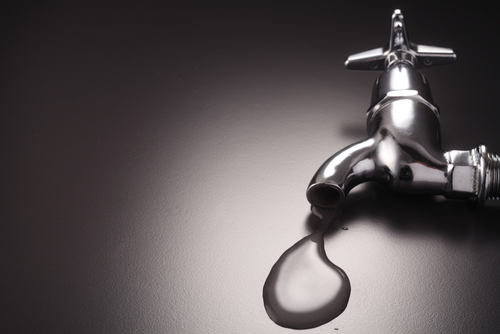Breaking
DepEd to be probed for construction of P22.6M hand-washing facilities in areas with no water
MANILA, Philippines – The House of Representatives is poised to look into the Department of Education’s (DepEd) purchase of P22.6-million worth of hand-washing facilities.
Why? These were reportedly purchased for public schools that do not have a supply of water.
The congressional investigation into the matter was urged by Quezon City Rep.
Winston Castelo, chairman of the House committee on Metro Manila development, in the recently filed bill, House Resolution 736.
In the resolution, the House committees on basic education and culture, and good government and public accountability was given the directive to investigate the DepEd for what the Commission on Audit (COA) described as “unnecessary expenditure” for hand-washing facilities.
Castelo said that two years ago, the DepEd spent P22,684,559.33 to construct hand-washing facilities in schools in Misamis Oriental, Biliran, Navotas and Malabon, as he referenced the COA report released on the third week of January 2014.
COA auditors who inspected the hand-washing facilities discovered that most of these were neither functional nor fully utilized as there are no available sources of water in the schools in which they were built.
“In Misamis Oriental, each hand washing project in 25 schools cost around P45,000 to P50,000 but only four or 16 percent are functional and the remaining 84 percent were found useless because of lack of water supply, absence of electrical connection, destroyed faucets and pipes, destroyed hand washing counters and dirty facility and surroundings,” he added.
Similar situations were observed in the facilities set-up in Navotas, Malabon and Biliran, where lack of water is also the main problem, Castelo noted.
“It seemed that concerned officials did not consider the availability of water resources in the targeted schools and sanitation of the facilities pursuant to the DepEd order to ensure the sustainability of these facilities,” he said.
“Had concerned officials exercised due diligence, schools with enough toilets and with water supply problem should not have been selected as beneficiaries and the funds could have been allocated to other projects,” he emphasized.






















